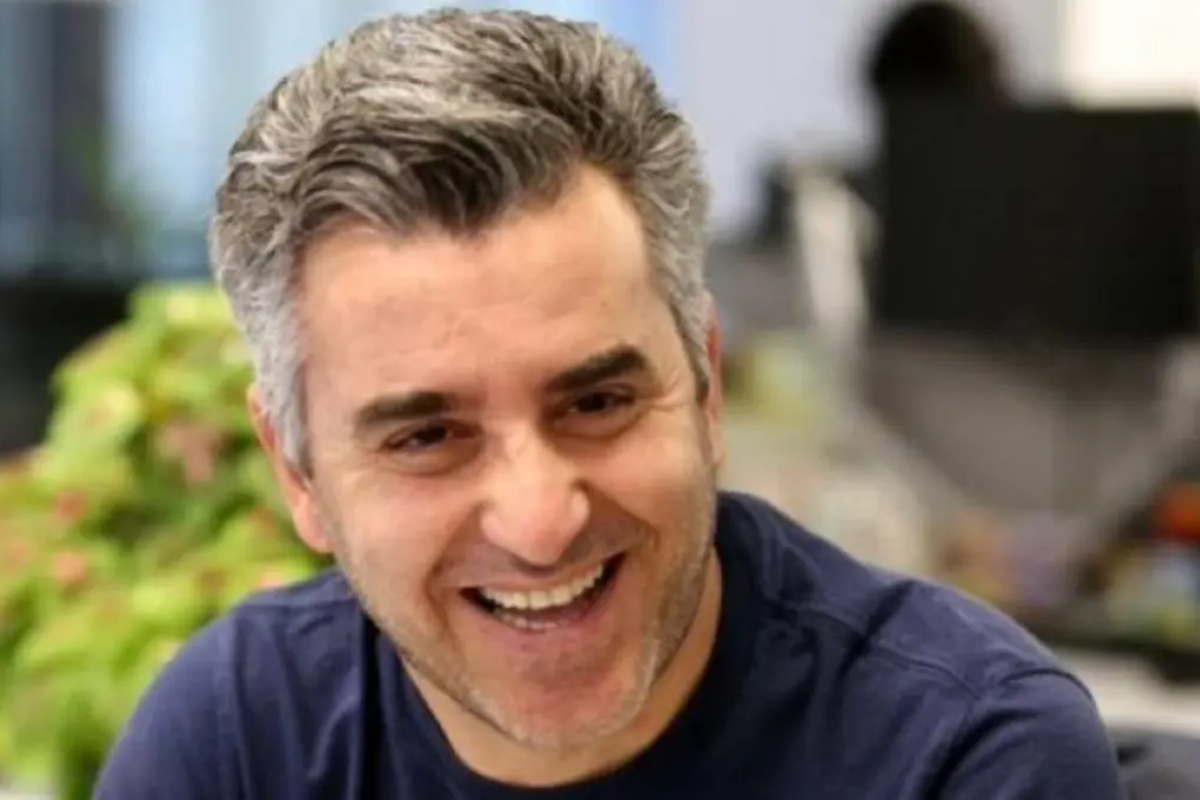- Persian-language TV channel Iran International’s parent company is “shocked and genuinely alarmed” by threats against its journalists.
- The two UK-based channels are already prohibited in Iran, but a group that monitors press freedom claims they are important sources of news and information.
- UN special rapporteurs have warned of a “chilling effect” on journalism in Iran after an investigation by UN experts.
A UK law enforcement source revealed that two British-Iranian journalists for the UK-based Persian-language TV channel Iran International had received a warning about a potential risk to their life.
The Metropolitan Police informed the two of a recent rise in “credible” threats from Iranian security personnel, according to parent firm Volant Media.
It denounced the “escalation of a state-sponsored campaign to intimidate Iranian journalists working abroad”.
However, they announced sanctions against Iran International last month, accusing them of “incitement of riots” and “support of terrorism” over their coverage of the antigovernmental protests that have engulfed the country over the past two months.
The two UK-based channels are already prohibited in Iran, but a group that monitors press freedom claims they are among the most important sources of news and information in a nation where free speech is continuously prosecuted and journalists are subjected to retaliation.
The threats against its journalists, which Volant Media linked to Iran’s Islamic Revolution Guard Corps (IRGC), a potent military organization with close ties to the Supreme Leader, Ayatollah Ali Khamenei, left the company “shocked and genuinely alarmed,” according to a statement.
“The Metropolitan Police have now formally notified both journalists that these threats represent an imminent, credible and significant risk to their lives and those of their families. Other members of our staff have also been informed directly by the Metropolitan Police of separate threats.”
It added: “These lethal threats to British citizens on British soil come after several weeks of warnings from the IRGC and Iranian government about the work of a free and uncensored [Persian]-language media working in London.”
Volant Media warned that the IRGC “cannot be allowed to export their pernicious media crackdown to the UK” and called on the British government to “join us in condemning these horrific threats and continue to highlight the importance of media freedom”.
In a statement to the media, the Metropolitan Police said: “We do not comment on matters of protective security in relation to any specific individuals.”
Last year, United Nations experts expressed their “grave concern over the continuation of reported harassment and intimidation of the media staff and their family members, which appears to be aimed at preventing them from continuing their journalistic activities”.
They set out the pattern of harassment that media journalists have suffered over the past decade, including “the systematic attacks, including harassment, asset freezing, serious threats, and defamation campaigns implemented by the authorities against media journalists”.
The UN experts also raised concern about the surveillance of meia journalists and the harassment of their sources in Iran, the interrogation of journalists’ family members, and the pressure placed on journalists “to leave their jobs” – all of which they said might have a “chilling effect” on journalism.
Iran’s response to the UN experts accused the media journalists of aiming to “overthrow the Islamic Republic” – a claim the media insisted was false.
US prosecutors also announced last year that four Iranian intelligence officials had been charged with plotting to kidnap a New York-based journalist critical of Iran. The indictment did not name the target, but Masih Alinejad, an Iranian-American author and activist, said it was her.
Iran’s government said the allegations were “ridiculous and baseless”.
[embedpost slug=”russian-state-journalist-killed-at-crimea-base-by-stray-gunshot/”]





















